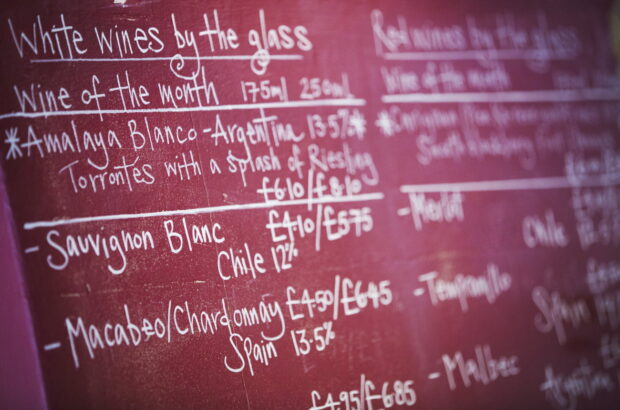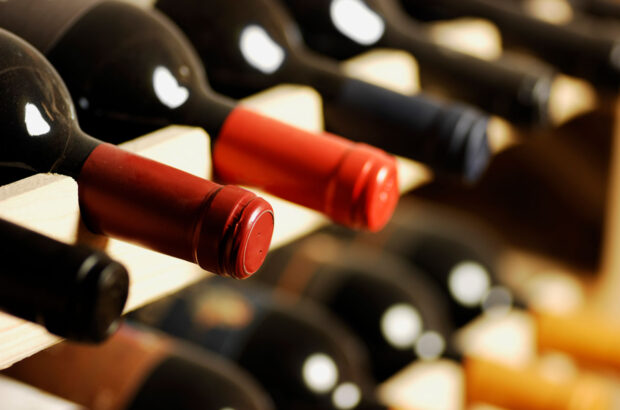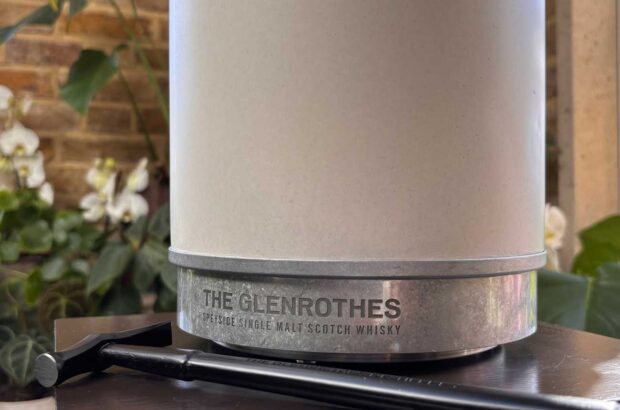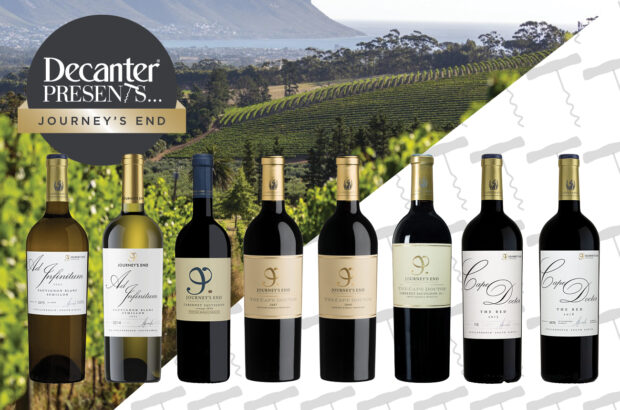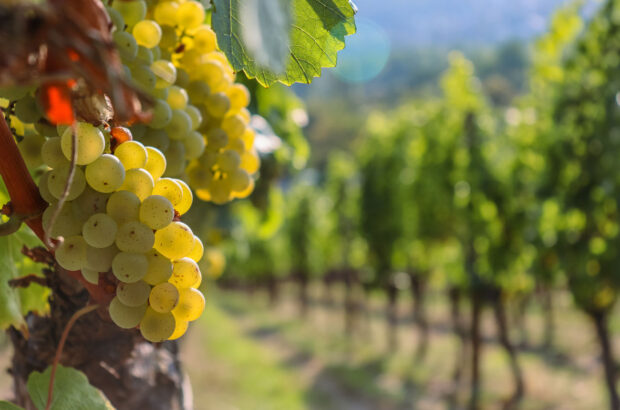How long can an open bottle of wine last in the fridge?
White and rosé wine
If you’re wondering how long wine can stay drinkable after opening, a bottle of white or rosé wine should be able to keep going for two to three days if kept in the fridge and resealed with the original cork or screwcap.
Sparkling wine
Sparkling wines, such as Prosecco or Champagne, can stay fresh and will keep some fizz for a similar amount of time, but need to be properly sealed – ideally with a specific Champagne bottle stopper which hooks onto the lip of the bottle to prevent it from being forced off due to a build up of carbon dioxide in the bottle.
Champagne expert Tyson Stelzer said that many people would be surprised that an open bottle of sparkling wine will ‘still keep some fizz in the fridge for some days.’
The most reliable way of keeping them fresh is ‘to use a Champagne stopper that provides a tight seal, and to keep the bottle as cold as possible’. So don’t listen to fables about spoons in sparkling wine’s bottle-neck.
Do you want to keep learning about wine? Take a look at our Decanter Premium subscription
Red wine
Red wines can generally last three to five days if stored with a stopper in a cool, dark place, said UK retailer Laithwaites after publishing a study in 2017 on the amount of wine people throw away.
Some lighter styles of red wine can be enjoyed chilled, and although full-bodied reds should be served at 16-18°C, you can still extend the life of an opened bottle by storing it in a temperature-controlled wine fridge or domestic fridge. Of course, factor in time for it to warm up again before drinking.
DWWA results out 19 June!
Be the first to know: Subscribe to the DWWA newsletter
Fortified wine
Some fortified wines are built to last and can be kept in the kitchen fridge for several weeks once opened.
In her feature on serving and preserving sweet and fortified wines, Anne Krebiehl MW noted that ruby and reserve Port will last for a few weeks, and Tawny Port could last for up to six weeks in the fridge.
Vintage Port, however, should be drunk up within a few days.
Marsala and Madeira, by contrast, can last for months once opened due to the long exposure to oxygen during the winemaking process, as well as the high acidity present.
Sweet wine
Sweet wines will typically last well when refrigerated. ‘These wines are resilient,’ Aline Baly, co-owner of Château Coutet in Barsac, previously told Decanter. ‘That you can keep a bottle open for more than a week is a fact unknown to many.’
How do I know if a wine has gone off?
As soon as you open a bottle of wine, you expose it to oxygen and – much like an apple browning – it will affect the wine. At first this may beneft the wine, helping it to show all its fruit complexity, however after several hours or days, it reaches a tipping point where it goes from being oxygenated to oxidised.
Things to look out for include fruit aromas and flavours that have become dulled compared to when it was first opened, or a tired colour and in extreme circumstances, even a brownish hue.
Also, look out for vinegary notes, which may be the result of bacteria causing a build-up of acetic acid.
Should I buy a Coravin?
Coravin is a wine preservation system that has been adopted by wine drinkers and top drinking and dining establishments alike. Now with several models, including one specifically for sparkling wines, the company claims that a wine’s life can be extended by days to months depending on the model used.
Coravin works by using a fine, hollow needle to piece the cork and allow you to pour out wine, while simultaneously filling the empty space in the bottle with inert argon gas which forms a barrier against oxygen.
Coravin can also be used with screwcaps and synthetic corks, although you will need to ensure you purchase the screwcap accessory. You will also need to replace the argon capsules from time to time, making Coravin an investment only worth it for those with a large collection of wine they would prefer to sample by the glass than by the bottle.
Should I buy a Vacu Vin?
Vacu Vin is the classic wine preservation device, designed to extend the life of a wine once opened by pumping out the air in the bottle to form a vacuum. From experience, this does work to a limited extent, giving your wine an extra one to two days of life compared to simply replacing the original cork or screw cap. While not preserving wine for as long as Coravin, Vacu Vin has the benefit of being more affordable.



